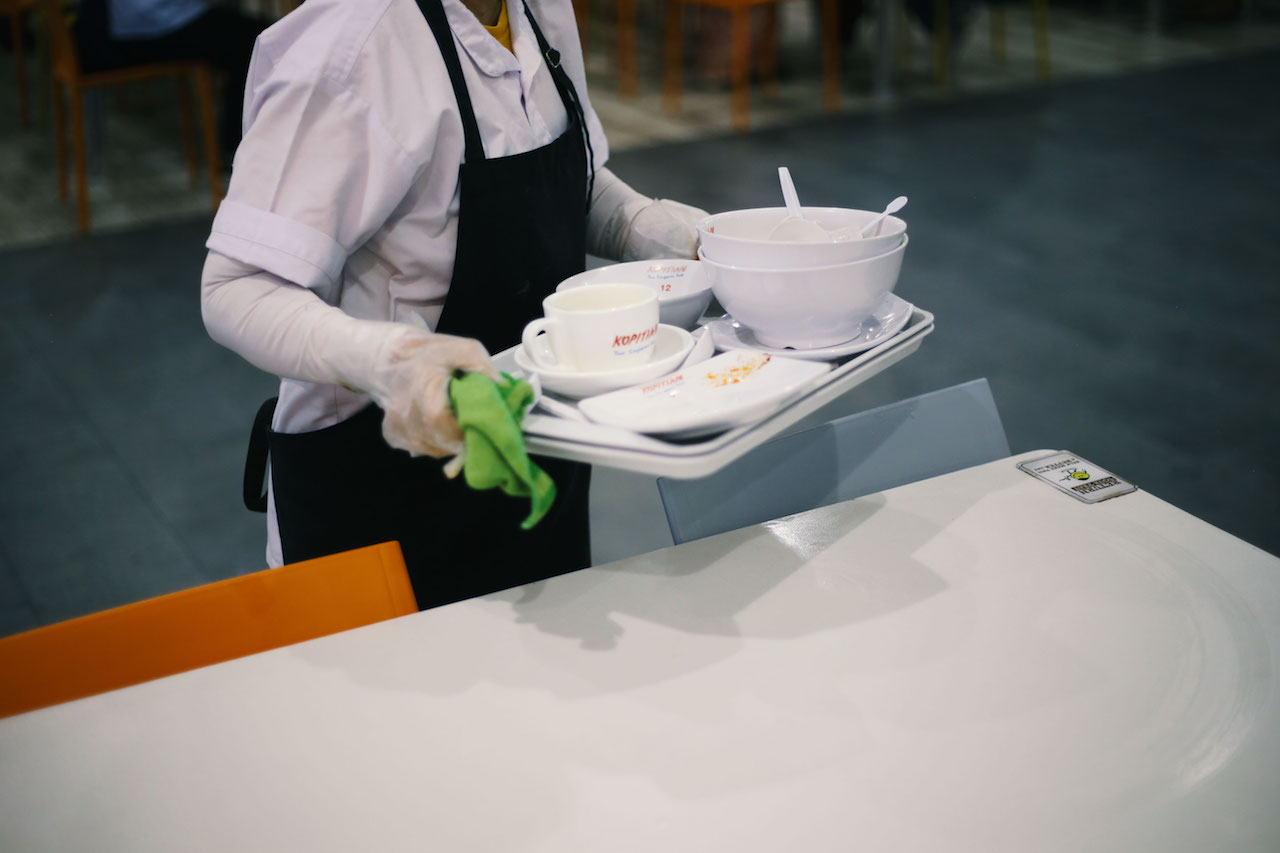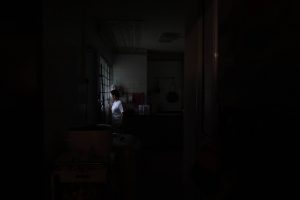Yet without them, Singapore wouldn’t hold the moniker of ‘Clean and Green City’ we’ve come to believe we deserve.
So we scouted a few eating places and spoke to a few cleaners. Most of them were stoic, while a few offered us a little more insight to both their work and their lives. But all in all, there was a sense that here was a group of individuals so rarely asked for their thoughts that they’ve simply learnt to blend into the background.
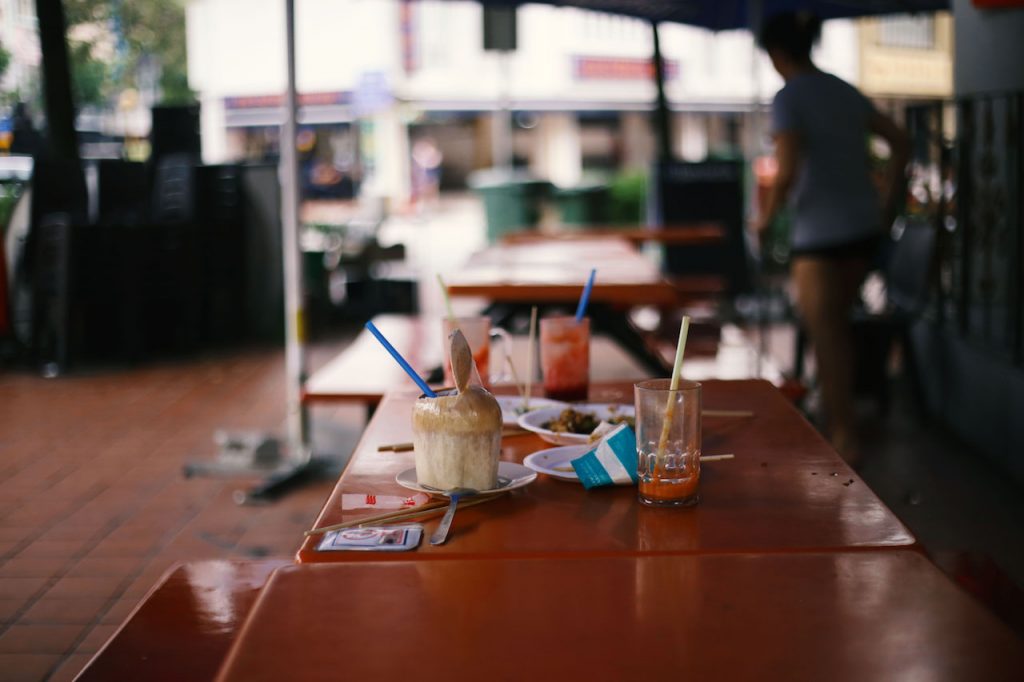
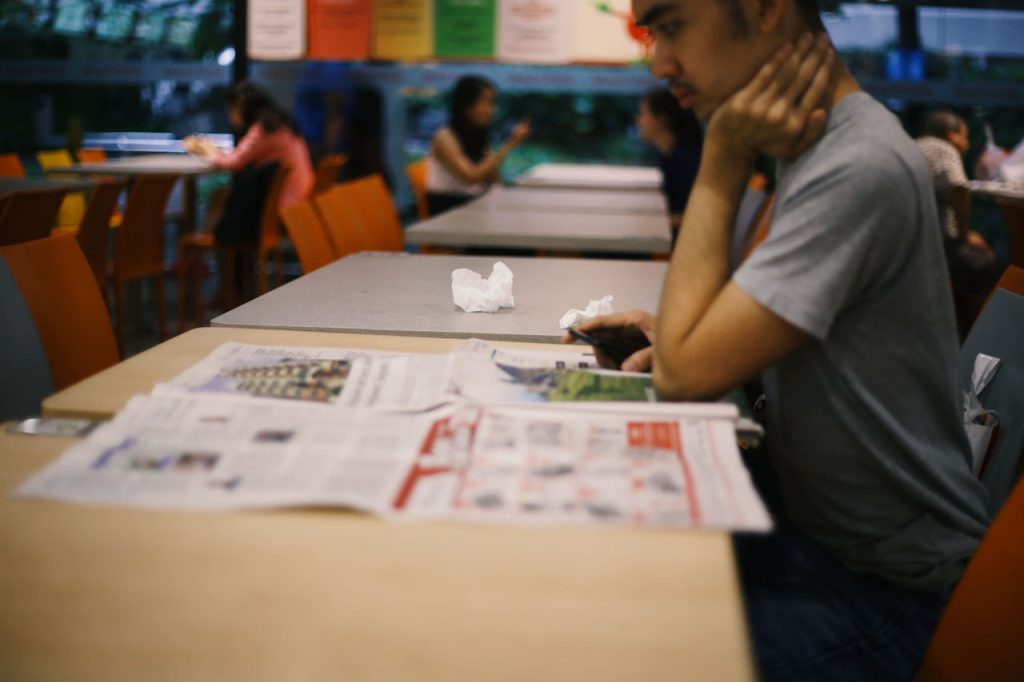
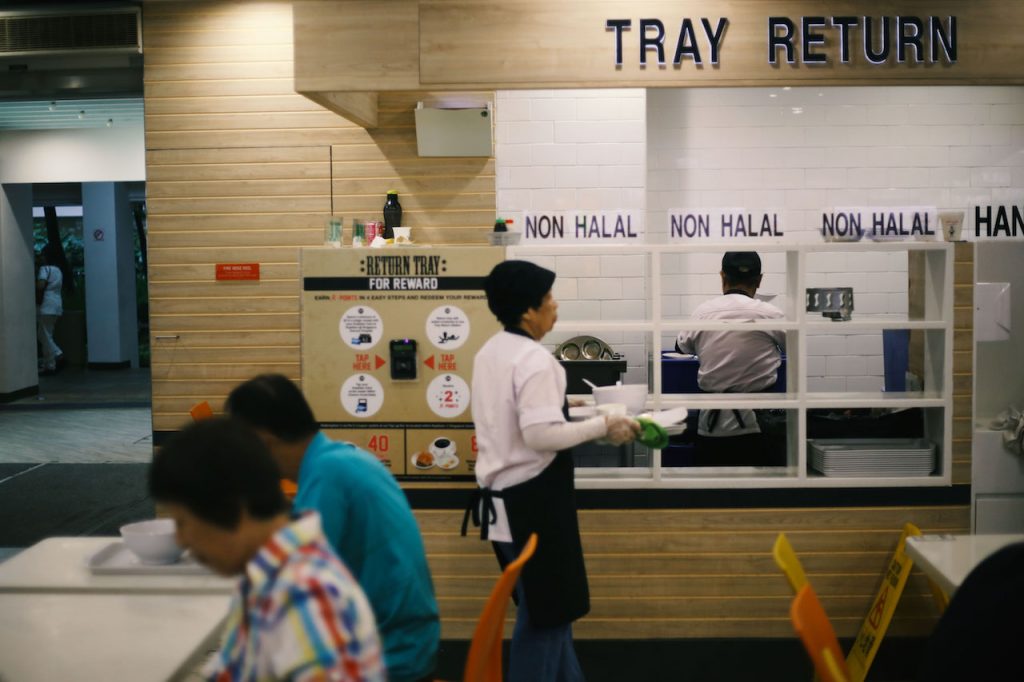
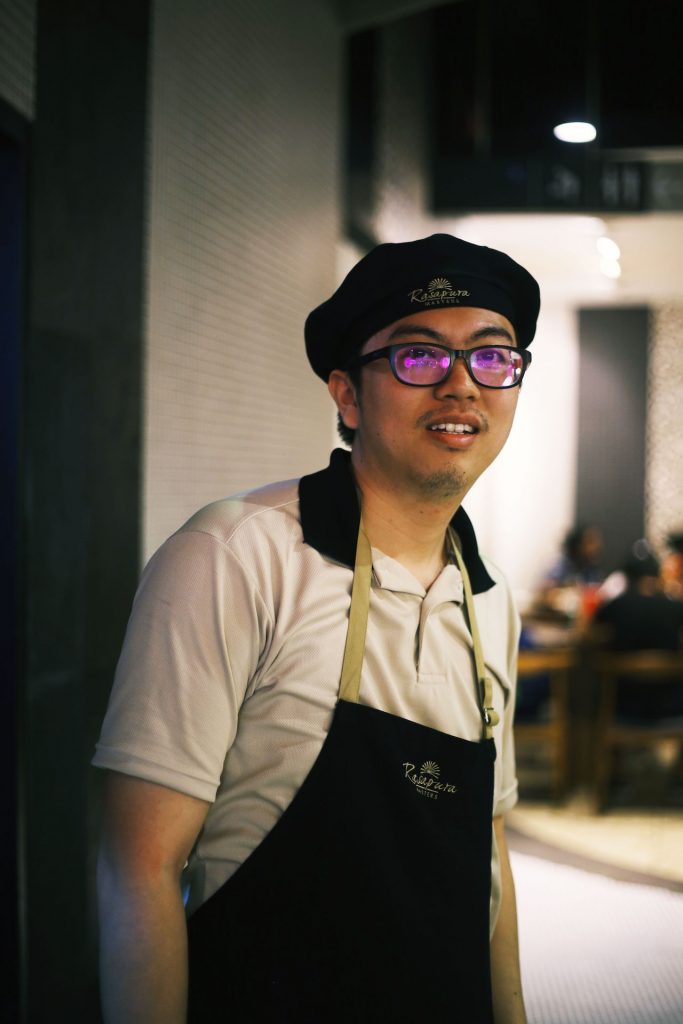
He shares that very rarely do Singaporeans clean up after themselves, but adds that when he goes about his work, he doesn’t feel as though anyone looks down on him.
On several occasions, he has actually been tipped by customers, although he qualifies, “They’re usually foreigners, not Singaporean.”
It would help, he says, if Singaporeans took more initiative so his job would be a little bit easier.
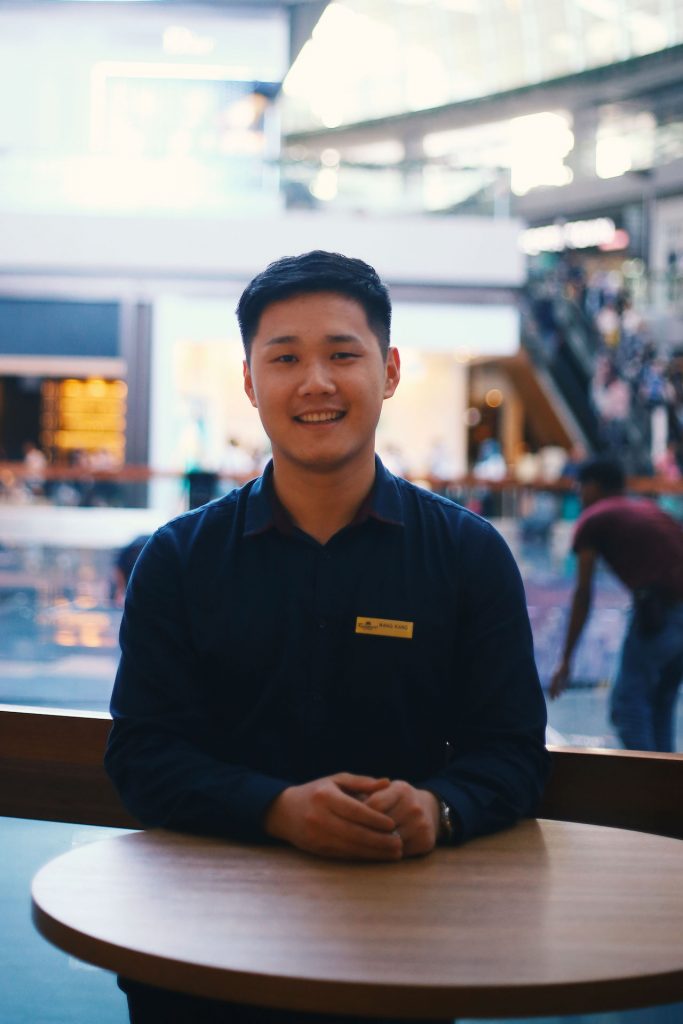
When I came to Singapore, I even enrolled for a class to upgrade my English. But it’s harder to learn when you’re older.”
Wang Kang has been a cleaner for four and a half years. He expresses what most locals take for granted: “If I can speak English, I have more paths open to me.”
Even then, he admits that he had no interest in school. All he wanted was to play basketball.
Today, he says, “Any job also becomes a habit after awhile. This is not a complicated job.”
As for whether he likes the work, he tells us, “If I don’t like, I wouldn’t do it for so long. I don’t have many choices anyway. Whatever job needs me, I will go there.”
In the past, there have been instances where customers would try to take advantage of cleaners by walking away from their food. When the plates are then cleared, the customers would return, demanding the cleaners reimburse them for it.
That said, he insists that customers don’t have to clear their own tables (even though it’s nice when they do so).
“This is my job, so I will do it. You are a customer.”
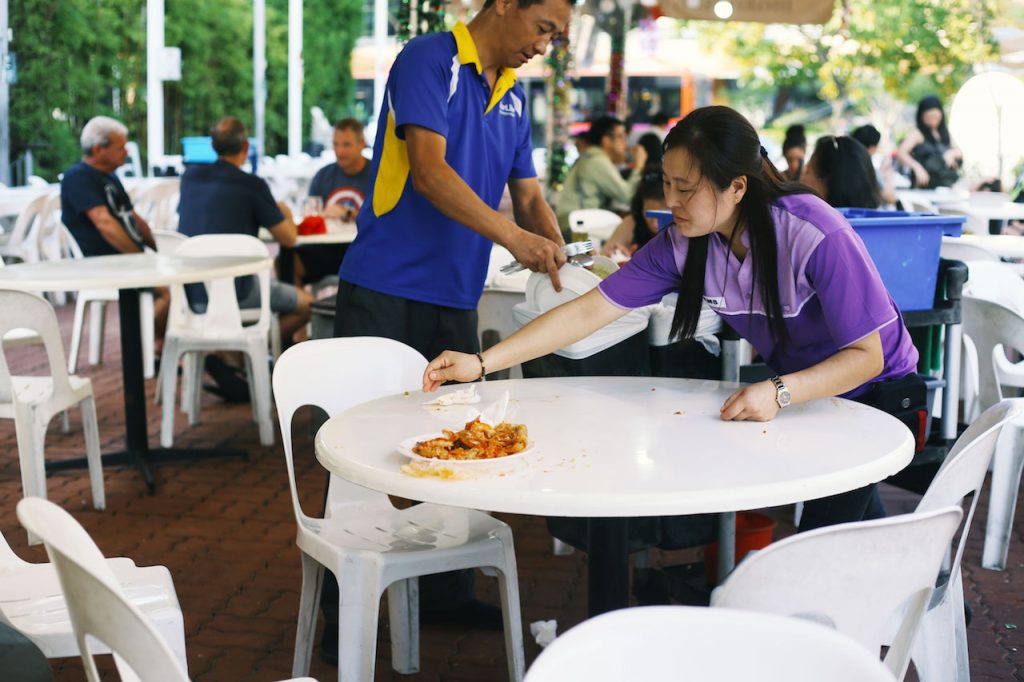
China is where her children live at the moment, and her salary goes towards paying for their education.
“I don’t have a choice. I was sent here,” she says.
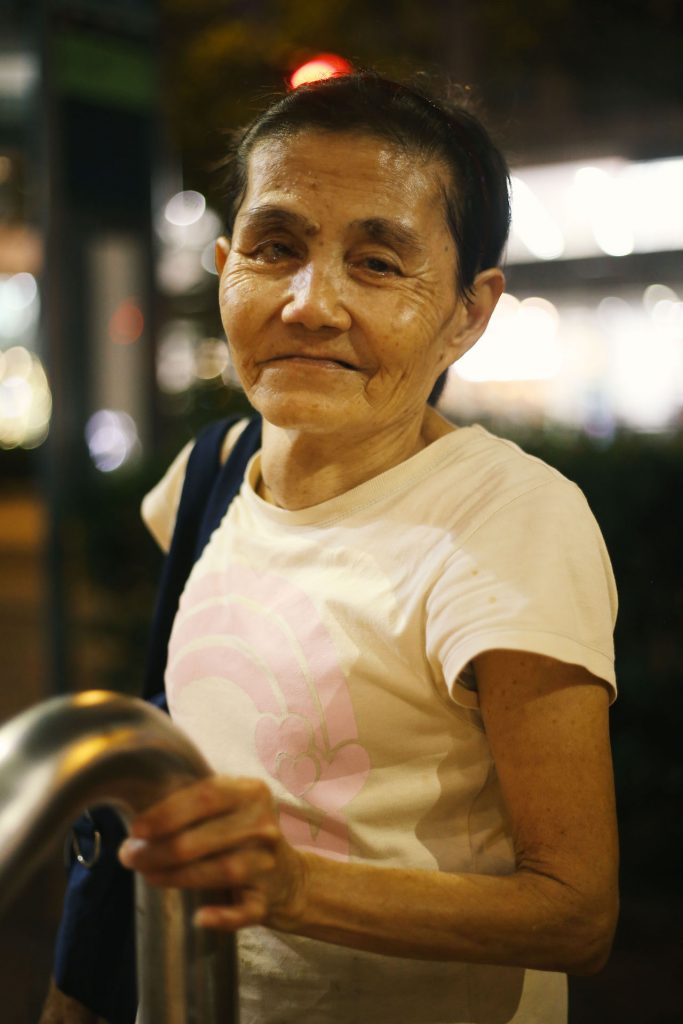
She shares with us the best thing that has happened to her: “I had a regular customer at BK eating house who was a businessman. He would always ask how I am and visit me. One year, he gave me a red packet for Chinese New Year, and there were a couple of times when he’d give me gifts like a shirt. I felt like he was looking out for me with his small gestures.”
As for the worst thing, she says that there have been instances when customers would get offended when she tried to “enlighten them on how people should treat others”.
“I would say things like, “Do you behave like this at home?” with the mess they make on the table with their tissues and cigarette butts,” she tells us.
While Singaporeans rarely return their plates and utensils to the designated return areas, Xiao Mei does point out that the younger generation seems to be more considerate.
Even then, she concedes, “I was hired for this job, so yes, it is my responsibility. At the same time, I feel that people could be more considerate and help out.
“From my observation, most cleaners are senior citizens, so why not help make their lives easier? It’s hard work for someone that’s old. Basically, treat people like how you would like to be treated and help each other out.”

